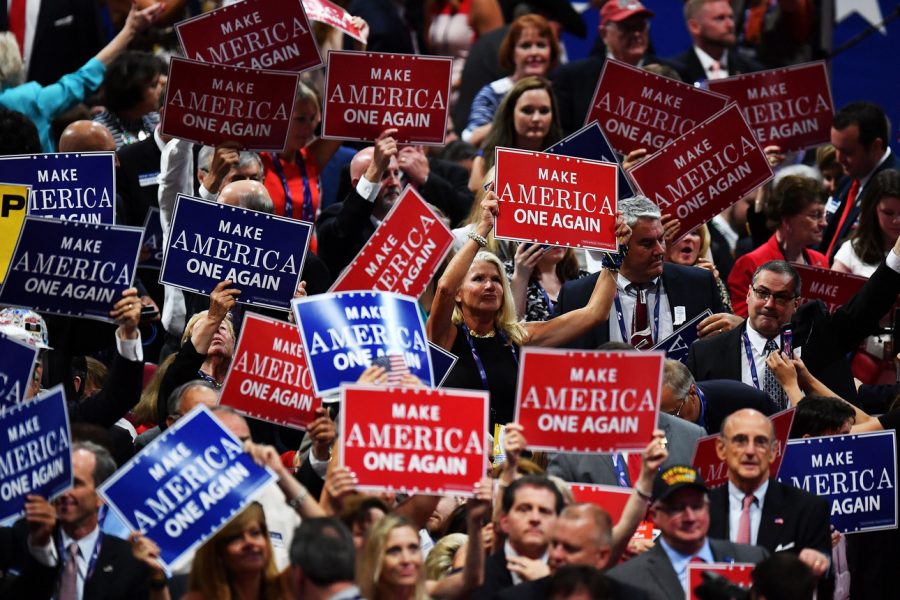Politics needs more politeness
People don’t like talking politics. It’s polarizing. It starts fights. It devolves family gatherings into dinner table arguments. This social disincentive drives people away from even learning about politics. Besides the occasional chatter on the news, they don’t concern themselves with Congress, recent policies, or voting.
Especially amongst younger generations, there is a general apathy towards politics. Voter turnout in the United States is consistently low, and only about 6 in 10 people vote in elections. Political literacy is also low; only 41% of Americans were aware of the mechanisms of the filibuster in the Senate. Thousands of bills are drafted and introduced in Congress each year, yet a large portion of the general public would not be able to discern their purpose.
However, this social phenomenon can be averted; people can once again feel encouraged to discuss their political beliefs and, more importantly, hear out others. To do so, people must adjust their attitude towards politics and educational pathways to respectful discussion must be paved.
Many people are discouraged from politics due to the condescending response from those who disagree. Instead of fostering constructive dialogue, people from both sides of the political spectrum tend to talk down and belittle each other’s perspectives. Platitudes and buzzwords such as “woke,” “communist,” and “fascist” are launched at one another. This creates a toxic and reactionary political environment where genuine discussion is drowned out.
This strain of political discussion has also permeated into upper-level politics. Democrats and Republicans in contemporary American politics are constantly at odds with each other, and the two parties rarely find ways to compromise in order to pass bills. For example, following the election of President Biden, Republican politician Mitch McConnell asserted that the party’s platform would focus on “stopping” the new administration from turning “America into a socialist country.”
Respectful political discussion can still be salvaged. Instead of finding ways to explain why opposing opinions are wrong or jumping to accusatory conclusions, the response to someone expressing their political beliefs should be genuine intrigue, cordial disagreement, and probing clarifying questions. Additionally, an educational component can be implemented to facilitate a change in attitude towards political discussion.
Teaching polite politics and debate etiquette in schools would engender a healthy relationship with politics from a young age. Debate etiquette teaches students the value of hearing out other perspectives and helps them avoid the antagonism that inflames current political discussion. Teaching the youth to maintain a civil environment for debate would allow them to feel more comfortable discussing politics. This would enable the next generation of voters to cultivate respectful political discourse and inspire greater interest in politics as a whole.
Overall, in order for the social stigma surrounding politics to be eradicated, the hostile nature of political discussion must be diverged from and future constituents must be taught debate civilities. Only then can politics revitalize an interest in government. It can unite people rather than divide them. It can truly and meaningfully be discussed.

Brandon is the senior executive copy editor for Tiger Times. He enjoys playing basketball, watching good TV shows and movies, and listening to music. He...

